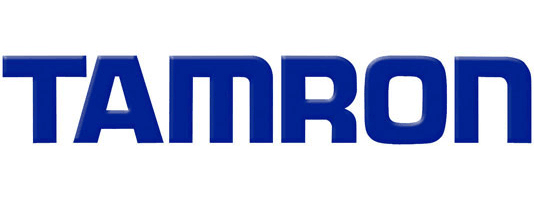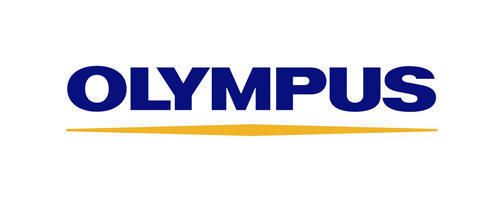Sustainable food production technologies have become increasingly important as the world population continues to grow and environmental concerns become more pressing. Investing in these technologies is not only essential for meeting the growing demand for food, but also for addressing issues such as climate change, water scarcity, and soil degradation. In this article, we will explore the Voltprofit Max importance of investing in sustainable food production technologies and the various technologies that are being developed to achieve this goal.
One of the key challenges facing the world today is how to feed a growing population while minimizing the impact on the environment. Traditional farming practices, such as the use of chemical fertilizers and pesticides, have led to soil degradation, water pollution, and loss of biodiversity. In addition, agriculture is a major contributor to greenhouse gas emissions, which contribute to climate change.
Investing in sustainable food production technologies is essential for addressing these challenges. These technologies aim to improve the efficiency and sustainability of food production, while minimizing its environmental impact. One example of such a technology is precision agriculture, which uses sensors, GPS technology, and data analytics to optimize the use of inputs such as water, fertilizer, and pesticide. By using these technologies, farmers can reduce waste, improve crop yields, and minimize environmental impact.
Another important technology is vertical farming, which involves growing crops in vertically stacked layers in controlled environments such as greenhouses or warehouses. Vertical farming has several advantages, including the ability to produce food in urban areas, reduce water usage, and minimize the use of pesticides. This technology has the potential to revolutionize the way food is produced and distributed, making it more sustainable and resilient to climate change.
Investing in sustainable food production technologies also includes research and development of new crops and livestock breeds that are more resilient to climate change and require less inputs such as water and fertilizer. For example, scientists are developing drought-tolerant crops that can thrive in arid regions, as well as disease-resistant crops that require fewer pesticides. By investing in these technologies, we can ensure a more secure and sustainable food supply for future generations.
In addition to developing new technologies, investing in sustainable food production also involves changing consumer behavior and promoting sustainable food choices. Consumers can play a key role in supporting sustainable agriculture by purchasing organic and locally grown produce, reducing food waste, and supporting companies that prioritize sustainability in their supply chains. By making informed choices about the food we eat, we can help promote a more sustainable food system.
In conclusion, investing in sustainable food production technologies is essential for ensuring food security, reducing environmental impact, and promoting a more sustainable food system. By supporting research and development of new technologies, changing consumer behavior, and promoting sustainable practices, we can help build a more resilient and sustainable food system for future generations. It is up to all of us to take action and invest in a more sustainable future for food production.

















